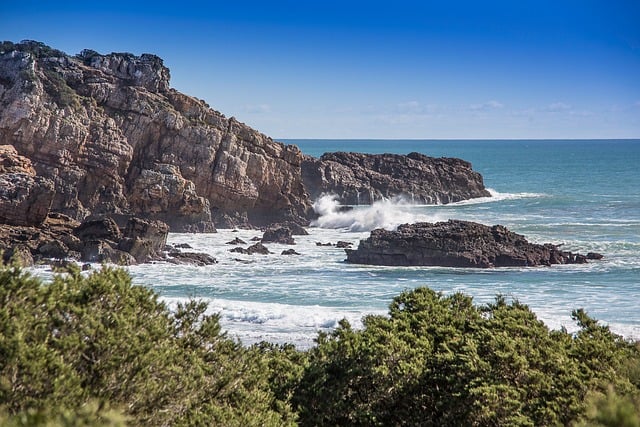
Algarve Portugal
Introduction to the Algarve
The Algarve, located in the southernmost region of Portugal, is known for its stunning coastline, rich history, and vibrant culture. Covering an area of 4,997 km², it is home to approximately 467,495 permanent residents and includes 16 municipalities. The administrative center of the region is the city of Faro, which also hosts the region's international airport and the University of Algarve.
Geography and Climate
The Algarve is characterized by its diverse landscapes, which range from beautiful beaches to rolling hills and rugged cliffs. The region enjoys a Mediterranean climate, with hot, dry summers and mild winters, making it an attractive destination year-round. The coastline is dotted with picturesque towns and villages, each offering its own unique charm.
Historical Background
The name "Algarve" is derived from the Arabic term "al-ġarb," meaning "the west." This term originally referred to the western regions of Al-Andalus, which were under Muslim control. Over time, the term became associated specifically with the southwestern part of Portugal. The Algarve has a rich history, influenced by various cultures, including the Romans and Moors, which is evident in its architecture and local traditions.
Tourism in the Algarve
Despite Lisbon being a major tourist hub, the Algarve remains the most significant tourist region in Portugal. In 2017, it attracted an estimated 4.2 million visitors, with numbers swelling during the peak holiday season as the population can triple due to seasonal residents. Tourists are drawn to the Algarve for its beautiful beaches, golf courses, and outdoor activities, as well as its cultural festivals and culinary offerings.
Attractions and Activities
The Algarve offers a wide range of attractions and activities for visitors. Some of the most popular include:
- Beaches: The coastline features numerous stunning beaches, such as Praia da Marinha and Praia da Rocha, known for their golden sands and clear waters.
- Historical Sites: Visitors can explore ancient castles, churches, and ruins, including the Moorish Castle in Silves and the Roman ruins in Lagos.
- Outdoor Activities: The region is ideal for hiking, cycling, and water sports, including surfing and kayaking.
- Culinary Experiences: The Algarve is famous for its seafood, particularly dishes like cataplana and grilled sardines, as well as local wines.
Cultural Significance
The Algarve is not only a tourist destination but also a region rich in culture and traditions. Festivals celebrating local music, dance, and cuisine are common throughout the year. The region's cultural heritage is reflected in its architecture, art, and crafts, which attract those interested in exploring the local way of life.
Conclusion
The Algarve stands out as a region that combines natural beauty with a rich cultural history. Its appeal as a tourist destination is enhanced by its diverse offerings, from stunning beaches to historical sites and vibrant local culture. Whether one is seeking relaxation or adventure, the Algarve provides a unique experience that continues to attract visitors from around the world.

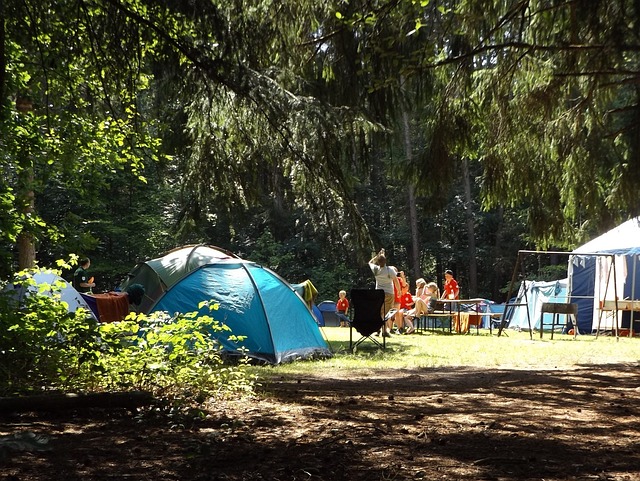



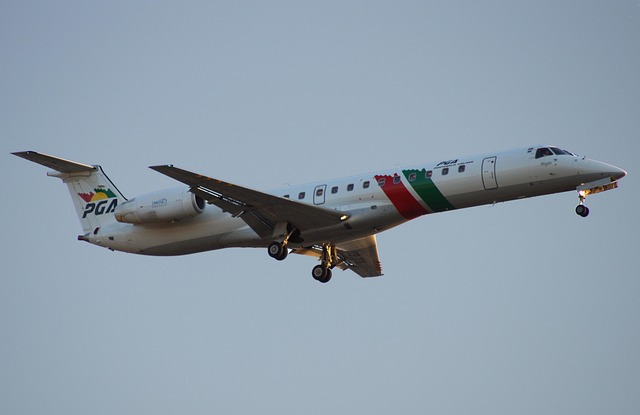






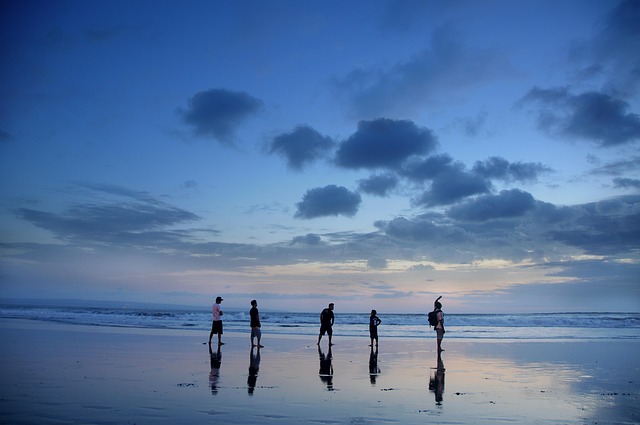


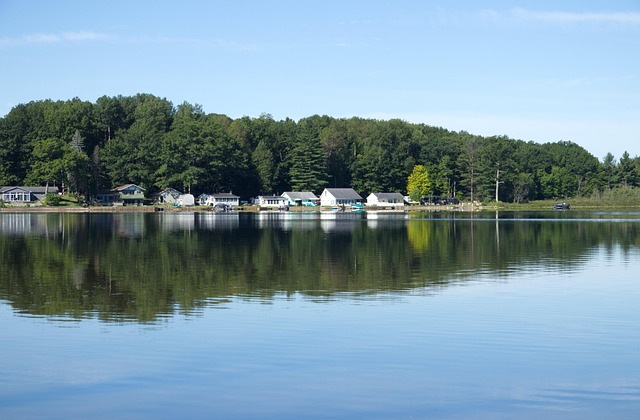

 Unpacking the Travel Show Marketing Group
Unpacking the Travel Show Marketing Group 
 Health
Health  Fitness
Fitness  Lifestyle
Lifestyle  Tech
Tech  Travel
Travel  Food
Food  Education
Education  Parenting
Parenting  Career & Work
Career & Work  Hobbies
Hobbies  Wellness
Wellness  Beauty
Beauty  Cars
Cars  Art
Art  Science
Science  Culture
Culture  Books
Books  Music
Music  Movies
Movies  Gaming
Gaming  Sports
Sports  Nature
Nature  Home & Garden
Home & Garden  Business & Finance
Business & Finance  Relationships
Relationships  Pets
Pets  Shopping
Shopping  Mindset & Inspiration
Mindset & Inspiration  Environment
Environment  Gadgets
Gadgets  Politics
Politics 